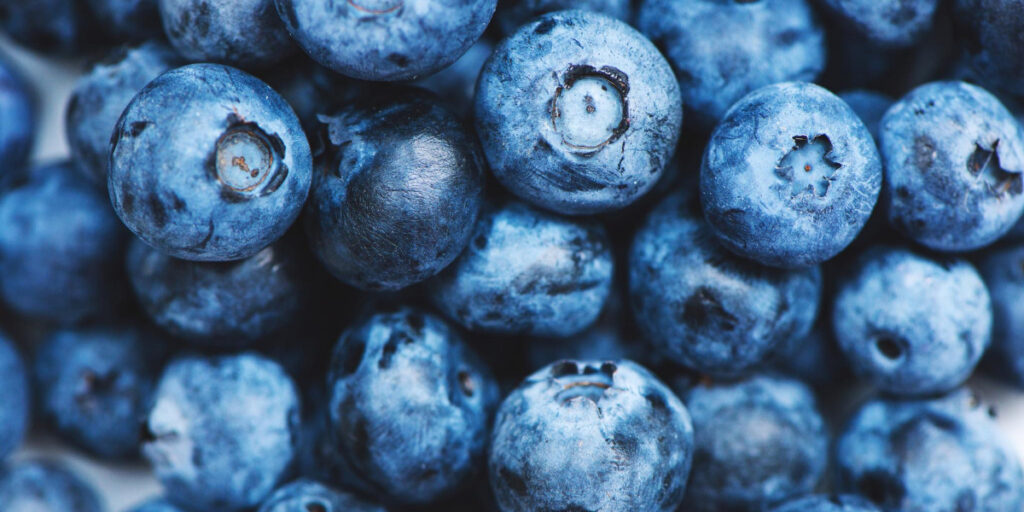Super Foods for Brain Nutrition
Do you want to boost your brainpower and enhance your cognitive function? Well, look no further! This article explores the fascinating world of brain nutrition, uncovering the essential nutrients that can supercharge your mental performance.
From omega-3 fatty acids to antioxidants, water to vitamins and minerals, we’ll reveal the scientifically proven ways to nourish your brain. So, get ready to unlock your full potential and join the ranks of savvy individuals who prioritize their brain health.
Omega-3 Fatty Acids
To optimize brain health, incorporate omega-3 fatty acids into your diet. Omega-3 fatty acids are essential nutrients that play a crucial role in maintaining cognitive function. Research suggests that these fatty acids can improve brain health by reducing inflammation, promoting the growth of new brain cells, and enhancing communication between neurons.
Numerous studies have shown a positive association between omega-3 intake and cognitive performance, including memory, attention, and problem-solving abilities. Additionally, omega-3 fatty acids have been linked to a reduced risk of age-related mental decline and neurodegenerative diseases such as Alzheimer’s and dementia.
Good sources of omega-3 fatty acids include fatty fish like salmon and mackerel, walnuts, chia seeds, and flaxseeds. Including these foods in your diet can support your brain health and potentially enhance your cognitive function.
Antioxidants
Include antioxidants in your diet to support brain health and cognitive function. Antioxidants play a vital role in protecting the brain from oxidative stress and inflammation, which are known to contribute to cognitive decline and neurodegenerative diseases.
Here are the best food sources of antioxidants for optimal brain nutrition:
Blueberries: Packed with flavonoids and anthocyanins, blueberries have been shown to improve memory and cognitive function.
Dark chocolate: High in antioxidants, dark chocolate can enhance blood flow to the brain and improve cognitive performance.
Spinach: Loaded with antioxidants like vitamins C and E, spinach can help protect brain cells from damage caused by free radicals.
Nuts and seeds: Rich in antioxidants, nuts and seeds, such as almonds and walnuts, provide essential nutrients for brain health.

Water
Staying hydrated with water supports brain health and cognitive function. Hydration is crucial for optimal brain function and overall well-being. Water plays a vital role in maintaining the balance of bodily fluids, including those in the brain. It helps transport essential nutrients and oxygen to the brain while removing waste products.
Adequate hydration benefits cognitive performance, memory, and attention span. Studies have shown that even mild dehydration can impair cognitive function, decrease focus and increase fatigue. To meet your hydration needs, it’s recommended that you drink at least eight cups (64 ounces) of water per day. However, individual water intake recommendations may vary based on age, activity level, and climate.
Vitamins
Ensure optimal brain health and cognitive function by including essential vitamins in your diet. Vitamin deficiencies can harm brain function, leading to cognitive decline and other neurological disorders. To combat this, consider the following benefits of vitamin supplementation:
Vitamin B12 is crucial for maintaining healthy nerve cells and producing DNA. It can help improve memory and prevent cognitive decline associated with aging.
Vitamin D: Research suggests vitamin D plays a role in brain development and function. It’s also involved in regulating mood and reducing the risk of depression.
Vitamin E: Known for its antioxidant properties, vitamin E helps protect brain cells from oxidative damage. It may also improve cognitive function and reduce the risk of Alzheimer’s disease.
Vitamin C: This vitamin is essential for synthesizing neurotransmitters crucial for proper brain function. It also acts as an antioxidant, protecting the brain from oxidative stress.
Minerals
Boost your brain health and cognitive function by incorporating essential minerals into your diet. Micronutrient deficiencies, including those of minerals, can harm brain function and overall mental well-being.
Minerals are crucial in various brain processes, such as neurotransmitter synthesis, nerve signalling, and antioxidant defence. Zinc, for instance, is involved in memory formation and learning, while magnesium helps regulate neurotransmitter release and promotes relaxation. Iron is essential for oxygen transport and energy production in the brain.
Despite their importance, many individuals fail to meet their daily mineral requirements through diet alone. This is where mineral supplementation comes into play. Supplementation can help bridge the nutrient gap and ensure adequate mineral intake, promoting optimal brain health and cognitive function.
Remember to consult with a healthcare professional before starting any supplementation regimen.
Frequently Asked Questions
How Do I Know If I Am Getting Enough Omega-3 Fatty Acids in My Diet?
If you’re wondering if you’re getting enough omega-3 fatty acids, look for signs of deficiency like dry skin and poor memory. Consider incorporating omega-3 supplements for benefits like improved heart health and brain function.
Can Antioxidants Help Improve Cognitive Function and Memory?
Antioxidants have been studied for their potential to improve cognitive function and memory. While research is ongoing, some evidence suggests that antioxidants may help reduce oxidative stress and inflammation associated with aging and cognitive decline. Regular exercise also plays a crucial role in maintaining cognitive function.
What Are Some Natural Sources of Antioxidants That Can Benefit Brain Health?
Incorporating natural remedies like superfoods rich in antioxidants is essential for brain health. These sources, such as berries, dark chocolate, and green tea, provide vital nutrients that support cognitive function and memory.
Is Drinking Water Enough to Stay Adequately Hydrated for Optimal Brain Function?
Drinking water is essential for optimal brain function. Did you know that your brain comprises about 75% water? Adequate hydration is crucial for cognitive function, so stay hydrated throughout the day.
Which Vitamins and Minerals Are Particularly Important for Brain Health, and How Can I Ensure I Am Getting Enough of Them?
Consuming brain-boosting foods rich in vitamins and minerals is essential to ensure optimal brain health. Additionally, supplements for cognitive function can provide the nutrients your brain needs.











